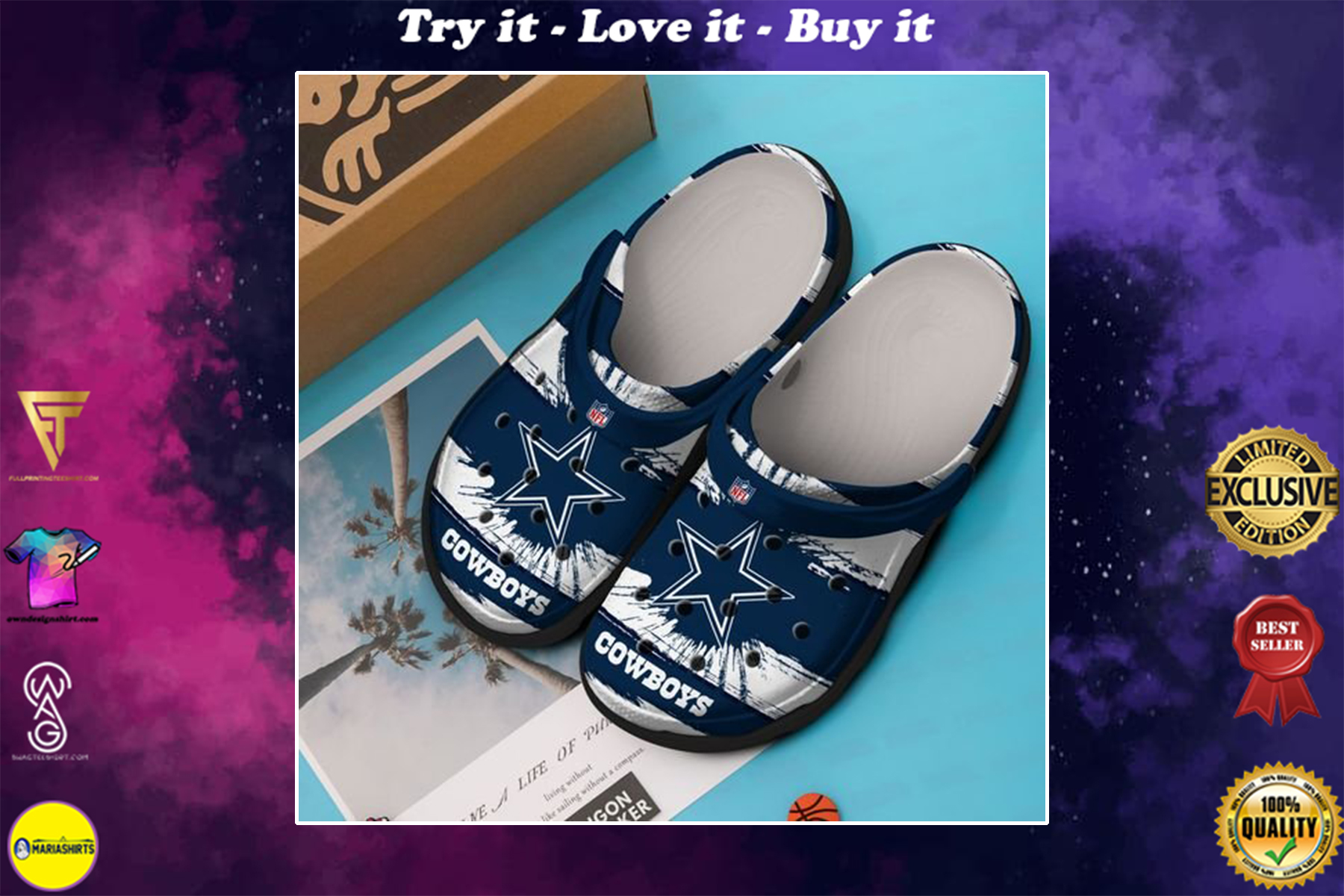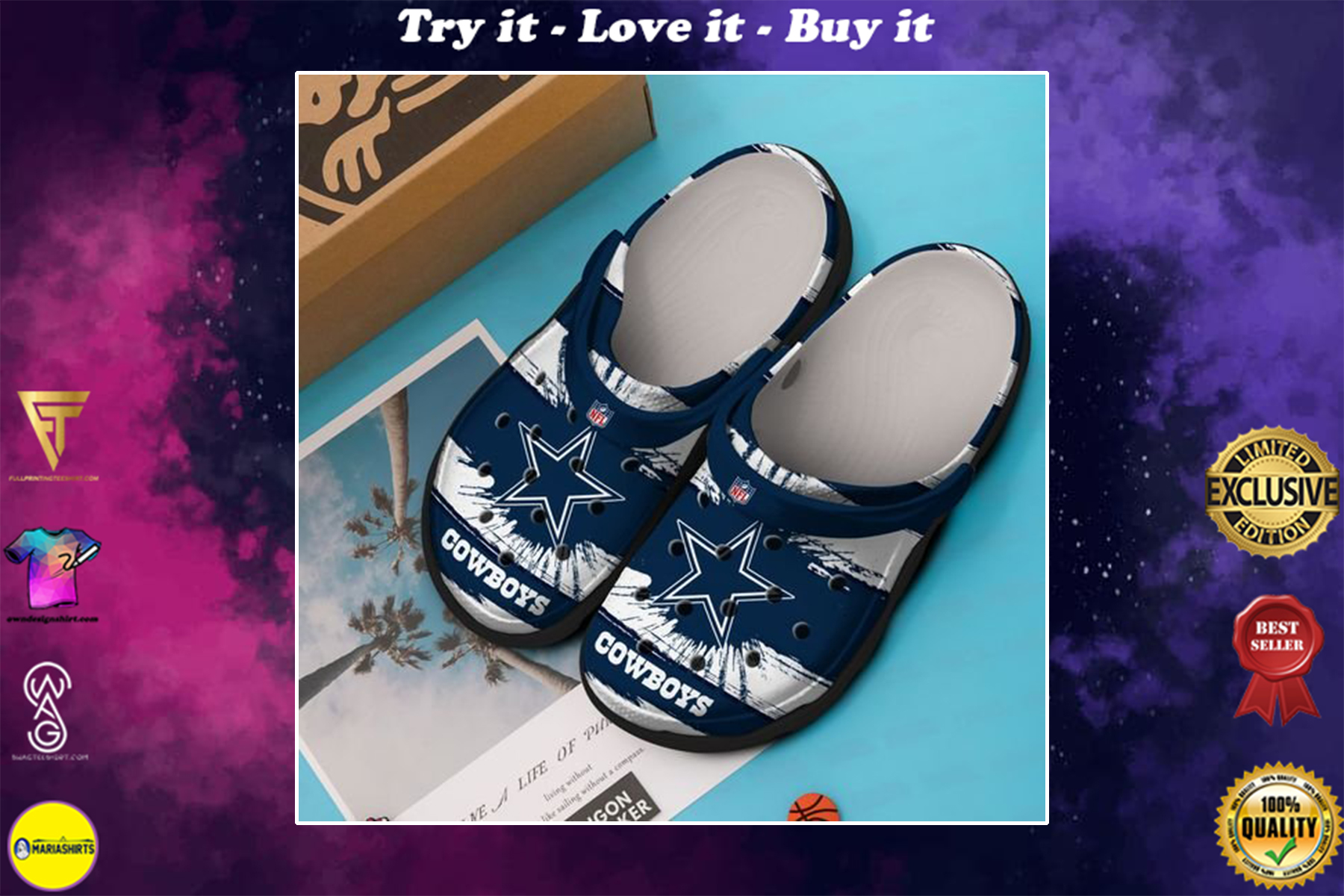since the loss to the substituting consumers is not recouped dallas cowboys football team crocband clog by the monopolist or anyone else and is thus a net loss, rather than merely a transfer payment and therefore a mere bookkeeping entry
dallas cowboys football team crocband clog
in which labor demand elasticity declines as coverage rises—presumably because consumers have fewer opportunities to substitute non-union products for union goods or services dallas cowboys football team crocband clog or a bargaining power model of union wage determination. Because consumers benefit from competition, the United States government has traditionally sought to maintain a competitive environment for business by promulgating laws or regulations intended to prevent abuses in specific areas. Many government regulations also deal with product standards, environmental impacts, and other matters not directly related to competition. Without competition, prices of goods and services tend to be higher than they would be with competition, plus manufacturing output is lower. See
Figure 11.2 and follow the x-axis from left to right. On the left is a monopoly with low or nonexistent innovation and high prices. As competition is introduced across the x-axis, innovation increases and prices come down. This analysis identifies the cost of monopoly with the output that the monopolist does not produce, and that a competitive industry would. I have said nothing about the higher prices paid by those consumers who continue to purchase the product at the monopoly price. Those higher prices are the focus of the layperson’s concern about monopoly—an example of the often sharp divergence between lay economic intuition and economic analysis. Antitrust economists used to treat the transfer of wealth from consumer to monopoly producer as completely costless to society, on the theory that the loss to the consumer was exactly offset by the gain to the producer.6 The only cost of monopoly in that analysis was the loss in value resulting from substitution for the monopolized product,
































Reviews
There are no reviews yet.